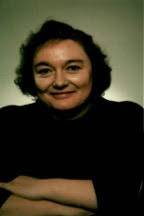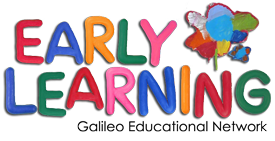
Dr. Ann L. Brown spent most of her career researching how children learn, and imparting strategies to increase learning. Based on her personal background – she was dyslexic and didn’t learn to read until the age of 13 – Dr. Brown had a special interest in understanding learning disabilities. Among her most influential findings was that learning difficulties often stem from a lack of ability to use metacognitive strategies, such as summarizing. She was also considered an educational progressive, developing a teaching concept based on small communities of learners. As part of her position as a member of the National Academy of Science Committees, she co-authored the book How People Learn: Brain, Mind, Experience and School. Dr. Brown also served as president of the American Educational Research Association. She died in 1999 at the age of 56.
How People Learn: Brain, Mind, Experience and School
Bransford, J., Brown, A., & Cocking, R. (2000). How People Learn: Brain, Mind, Experience and School. Washington, D.C., National Research Council, National Academy Press. The development of learning begins in infancy and extends throughout our lives. New research about the mind, brain, and the processes of learning are discussed in this book. It describes a number of experiments and studies that prove even infants are capable of learning. The authors outline four essential and interrelated features of successful early learning: A child’s education must be learner, knowledge, assessment and community centered. Theories and insights for teachers on how to put this into practice are also outlined.
Reciprocal Teaching of Comprehension – Fostering and Comprehension Monitoring Activities
Brown, Ann. & Sullivan Palinscar, Annemarie. (1984) Reciprocal Teaching of Comprehension – Fostering and Comprehension Monitoring Activities. University of Illinois.

